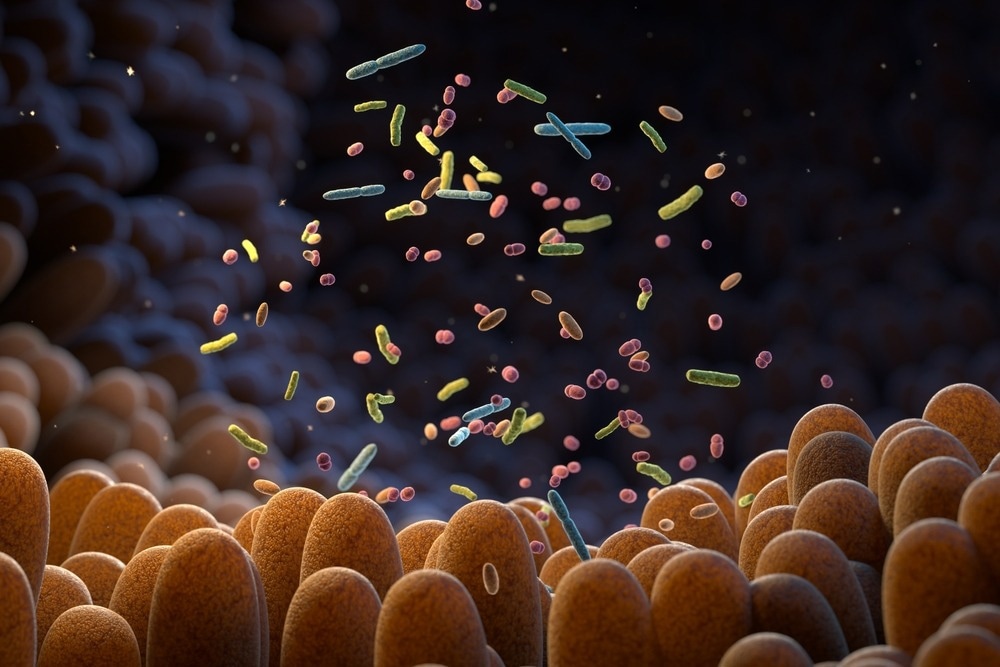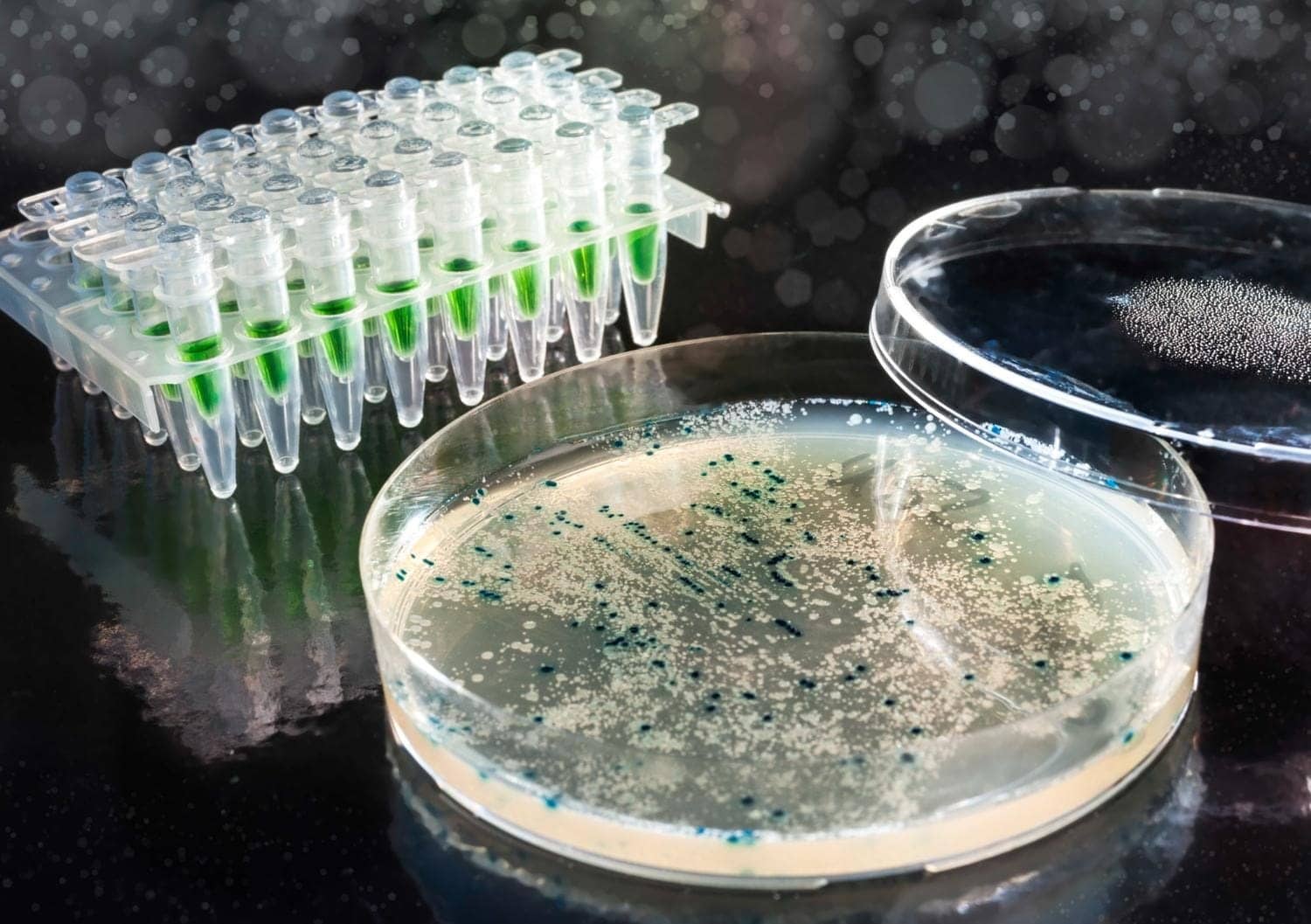Using temperature to fight antibiotic resistance
Researchers from the University of Groningen (the Netherlands) and colleagues from France and Germany studied how fever affects antimicrobial resistance. They found that a slight temperature increase from 37 to 40 degrees Celsius significantly increased mutation rates in E. coli bacteria. This could promote antibiotic resistance. If confirmed in humans, controlling fever could be a …










